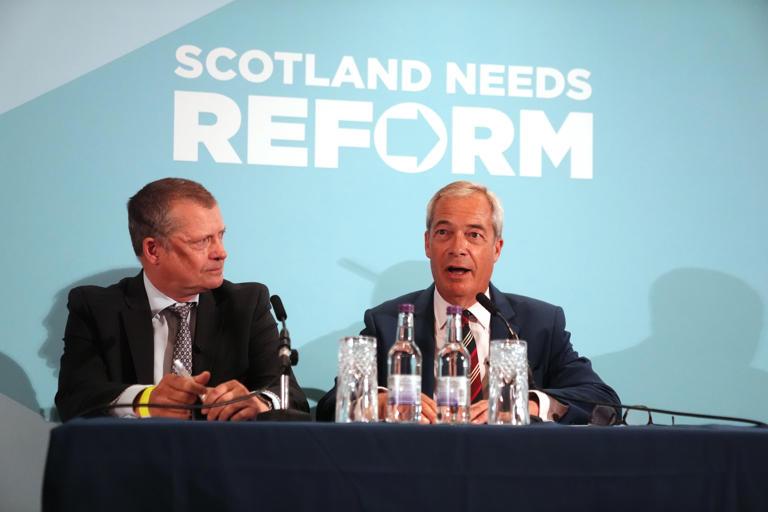Millions of British households are facing a fresh rise in their energy costs this autumn, as the energy price cap is set to increase. Starting in October 2025, the typical annual dual-fuel bill in Great Britain will rise by 2% to £1,755. This increase, announced by Ofgem, the energy regulator, follows a recent brief reprieve from rising bills over the summer.
The rise, which equates to an increase of just over £35 a year for an average household, is primarily driven by an uptick in European gas prices. This modest increase comes after the energy price cap had fallen by 7% to £1,720 from July, due to lower market prices.
How the Increase Impacts Consumers
The new cap will have an immediate impact on approximately 9 million households who are on variable tariffs. The price cap doesn't limit a customer's total bill, but rather the maximum rate energy suppliers can charge for each unit of gas and electricity. This means that households using more than the typical amount of energy could face significantly higher costs.
Beyond the price cap itself, energy bills will also see an increase due to the expansion of the government’s Warm Home Discount scheme. This scheme, which provides a £150 discount for eligible households, is expected to add about £15 to a typical bill, according to analysts at Cornwall Insight.
Broader Context and Future Outlook
This return to rising energy costs means the average UK household will now pay about £600 a year more on their annual bill than before Russia's invasion of Ukraine in 2022, which caused gas market prices to skyrocket. This situation is likely to reignite debates about the affordability of energy in the UK, especially as winter approaches.
The increase in costs coincides with record-high household energy debt. Official figures show that household energy debt reached a record £4.15 billion at the end of the last winter quarter, marking the tenth consecutive quarter of rising domestic debt. The average debt per household has also reached a new high, increasing from £1,135 to £1,202. Ofgem and the government hope that measures like the expanded Warm Home Discount will help alleviate some of this financial pressure.
Looking ahead, analysts at Cornwall Insight predict that the price cap may fall slightly in January 2026, subject to factors like weather patterns, geopolitical events affecting market prices, and the addition of new policy costs, such as those to support investment in new nuclear generating capacity. Ofgem is expected to announce the cap for January on November 27, 2025.
_8.jpg)
_5.jpg)
_8.jpg)




_4.jpg)
.svg)


_4.jpg)
